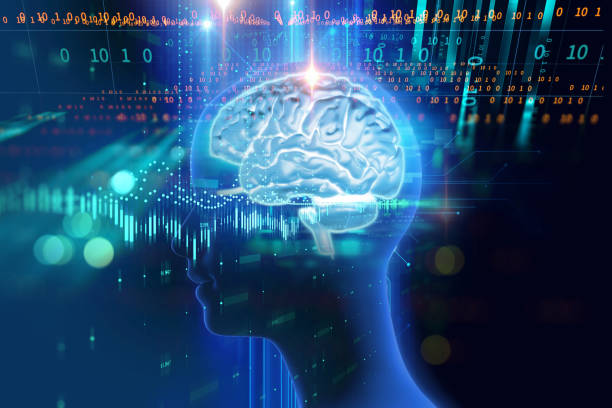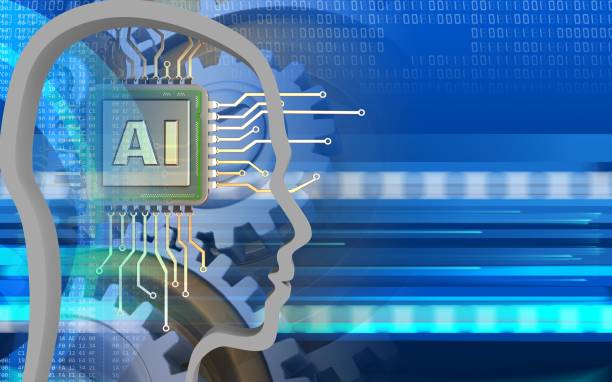What is Artificial Intelligence and What Role Does it Play in Today’s World?
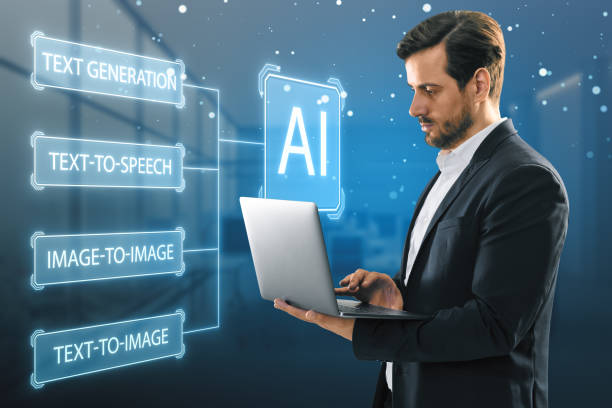
Artificial intelligence (AI) refers to the ability of a computer system to mimic human cognitive functions such as learning, problem-solving, and decision-making. This #technology is rapidly advancing and has a profound impact on various aspects of our lives, including business, healthcare, education, and entertainment. In today’s world, AI is automating tasks, improving efficiency, and creating new opportunities. For example, in the field of healthcare, AI is used to diagnose diseases, develop drugs, and provide personalized care. In the financial sector, AI helps identify fraud, assess credit risk, and provide financial advisory services. In the manufacturing sector, AI helps optimize processes, control quality, and predict equipment maintenance.
The role of AI in the future of work is very important and requires careful examination. This technology can create new job opportunities while transforming some existing jobs. Next, we will examine the future of AI jobs and the related opportunities and challenges in more detail.
Are you tired of missing business opportunities due to not having a professional company website?
Rasaweb helps you by designing a professional company website:
✅ Build a powerful and reliable image of your brand
✅ Convert website visitors into loyal customers
⚡ Get a free consultation now!
Jobs at Risk and New Jobs in the Age of Artificial Intelligence

With the advancement of AI, some jobs are at risk of #automation. Jobs that involve repetitive and routine tasks are more likely to be replaced by AI systems. For example, data entry, transaction processing, and some customer support roles may become increasingly automated. However, AI also creates new job opportunities that require new skills and adaptability.
Jobs that require creativity, complex problem-solving, critical thinking, and human interactions are less at risk. In addition, AI creates new fields such as AI development, data engineering, data science, and AI ethics. Data engineers play an important role in collecting, processing, and analyzing data that is essential for training AI models. Data scientists use AI algorithms to extract insights from data and solve business problems. AI ethics specialists ensure that AI systems are developed and used responsibly and ethically. A review of the #future_of_AI_jobs shows that the need for expertise in these fields will increase dramatically.
Skills Needed to Succeed in the Future Job Market
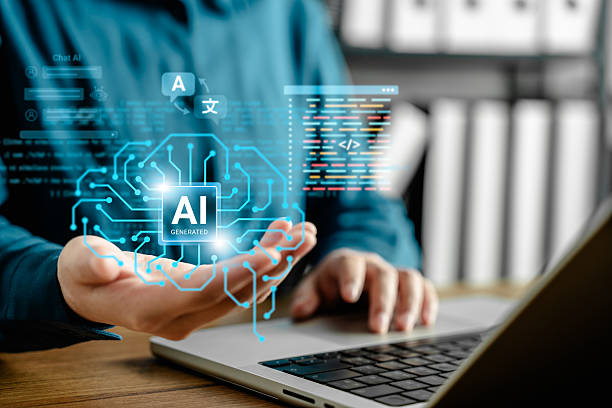
To succeed in the future job market, which is influenced by AI, individuals must develop specific skills. Technical skills such as programming, data analysis, and machine learning will remain important. However, soft skills such as critical thinking, complex problem-solving, creativity, communication, and emotional intelligence are also becoming increasingly important.
Critical thinking helps individuals evaluate information, question assumptions, and make informed decisions. Complex problem-solving helps individuals identify, analyze, and solve multifaceted problems. Creativity helps individuals generate new ideas and provide innovative solutions. Communication helps individuals effectively convey their ideas to others and collaborate with them. Emotional intelligence helps individuals understand their own and others’ emotions and establish more effective relationships. Investing in these skills prepares individuals for the future of AI jobs and increases their chances of success.
| Skill | Importance |
|---|---|
| Programming | High |
| Data Analysis | High |
| Critical Thinking | Very High |
| Complex Problem Solving | Very High |
Education and Continuous Learning are Key to Adapting to Change
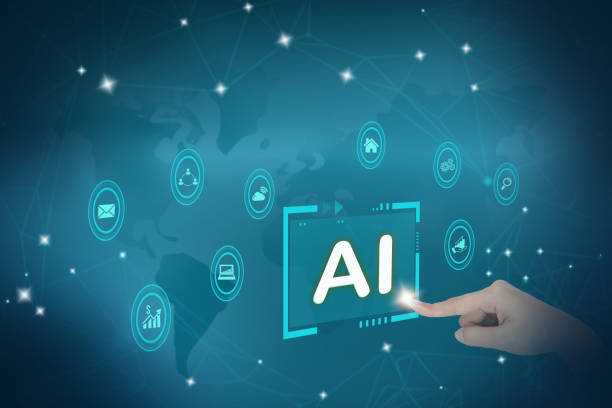
In a rapidly changing world, education and continuous learning play a very important role in adapting to change and maintaining competitiveness. Individuals must be prepared to learn new skills and keep their knowledge up to date. This can be done by attending training courses, reading books and articles, attending conferences and workshops, and using online resources.
In addition to formal education, informal learning is also important. Individuals can gain new skills through networking with others, participating in volunteer projects, and internships. Lifelong learning helps individuals adapt to changes in technology and the job market and identify new opportunities. Investing in education and continuous learning is essential to prepare for the future of AI jobs.
Did you know that 85% of customers check your company’s website before any interaction?
With Rasaweb, build a company website that deserves your reputation.
✅ Increase customer credibility and trust
✅ Attract high-quality leads
⚡ Get a free website design consultation
Industries Most Affected by Artificial Intelligence
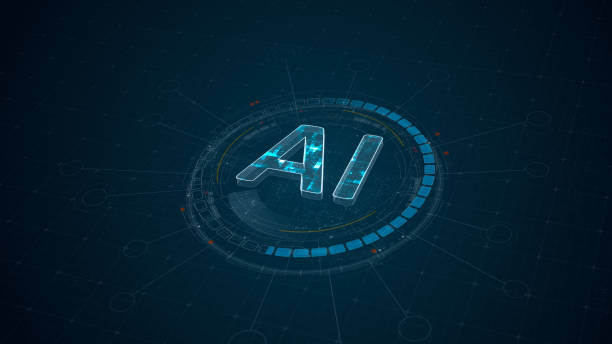
AI has a widespread impact on various industries, but some industries are more affected than others. Healthcare, finance, manufacturing, transportation, and retail are among the industries that are expected to experience the most transformation from AI.
In healthcare, AI can help with more accurate disease diagnosis, drug development, personalized care, and improved patient management. In the financial sector, AI can help with fraud detection, credit risk assessment, financial advisory services, and process automation. In manufacturing, AI can help with process optimization, quality control, predictive equipment maintenance, and robotic automation. In transportation, AI can help with the development of self-driving vehicles, route optimization, and improved safety. In retail, AI can help with personalizing the customer experience, optimizing the supply chain, and predicting demand. Understanding the impact of AI on these industries is essential to prepare for the future of AI jobs.
AI Ethics and the Importance of Responsible Development
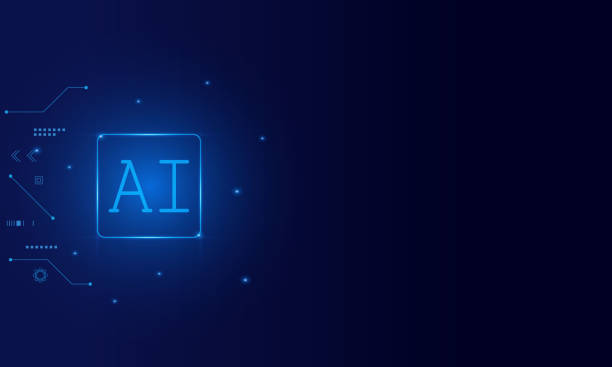
With the increasing use of AI, ethical issues related to it are also becoming more important. Bias in algorithms, data privacy, accountability, and transparency are among the ethical challenges that need to be addressed. Responsible AI development means ensuring that AI systems are developed and used fairly, transparently, and responsibly.
To achieve responsible AI development, it is necessary for ethics experts, policymakers, and the general public to participate in discussions and decision-making. Creating ethical standards and guidelines, education and awareness, and developing risk assessment tools are among the measures that can help with responsible AI development. Paying attention to AI ethics is very important for shaping the future of AI jobs.
The Role of Governments and Policies in Shaping the Future of AI
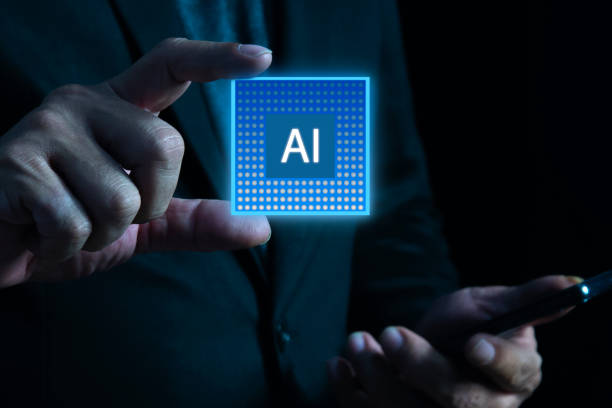
Governments play an important role in shaping the future of AI. Government policies and regulations can help promote innovation, support education and skills training, regulate the use of AI, and ensure ethical principles are followed.
Governments can promote innovation by investing in AI research and development, creating incentives for startups, and supporting collaboration between universities and industry. They can also prepare individuals for new jobs in the age of AI by providing education and skills training programs. Regulating the use of AI, such as protecting data privacy and preventing bias in algorithms, is also the responsibility of governments. Appropriate government policies can help guide the future of AI jobs on the right path.
| Government Role | Description |
|---|---|
| Investment in Research and Development | Supporting Innovation |
| Providing Training Programs | Preparing the Workforce |
| Regulating the Use of AI | Protecting Rights and Privacy |
The Impact of AI on Entrepreneurship and Small Businesses
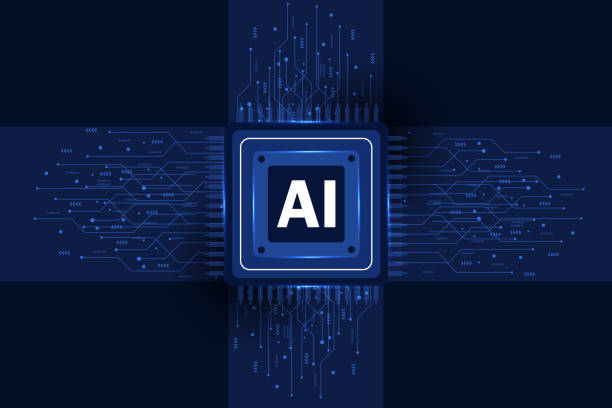
AI can create new opportunities for entrepreneurship and small businesses. Small businesses can use AI to automate tasks, improve efficiency, reduce costs, and provide better services to customers.
For example, a small business can use AI to automate marketing, manage customer relationships, analyze data, and provide customer support. AI can also help small businesses create new products and services and enter new markets. By understanding the potential of AI, entrepreneurs and small business owners can use this technology to grow and succeed in their business. Examining the future of AI jobs is very important for these individuals.
Does your current website convert visitors into customers or drive them away? Solve this problem forever with a professional company website designed by Rasaweb!
✅ Creating a strong brand and credibility
✅ Attracting target customers and increasing sales
⚡ Get a free consultation now!
Challenges Facing Widespread Adoption of AI
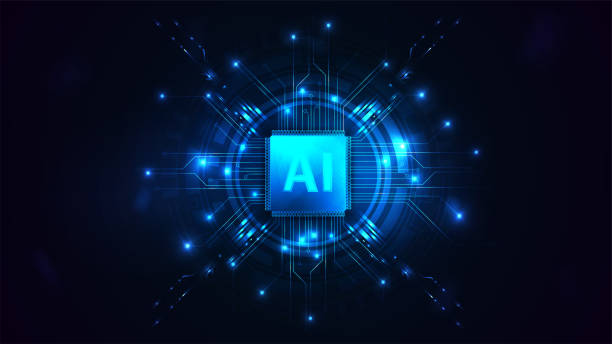
Despite its many benefits, the widespread adoption of AI also comes with challenges. High cost, shortage of skilled workforce, security concerns, and resistance to change are among the challenges facing the widespread adoption of AI.
The cost of developing and implementing AI systems can be high for many organizations. The shortage of skilled workforce in the fields of AI is also a serious challenge. Security concerns related to the use of AI, such as cyber attacks and data misuse, must also be considered. Resistance to change from employees and managers can also hinder the widespread adoption of AI. To overcome these challenges, organizations must adopt appropriate strategies and work together to find innovative solutions. Examining and understanding these challenges is essential for the future of AI jobs.
Predictions and Prospects for the Future of AI Jobs
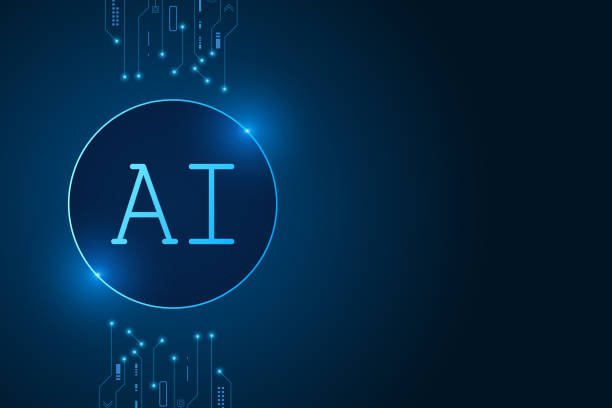
Predictions and prospects for the future of AI jobs show that this technology will increasingly penetrate our lives. AI will help automate many tasks and create new job opportunities. Jobs that require creativity, complex problem-solving, critical thinking, and human interactions will remain valuable.
The demand for AI experts, data engineers, data scientists, and AI ethics specialists is expected to increase. Individuals must learn new skills and keep their knowledge up to date in order to compete in the future job market. Investing in education and continuous learning, developing soft skills, and understanding the ethical issues related to AI are among the steps that can help individuals prepare for the future of AI jobs. The future of AI jobs is bright and full of opportunities, but readiness and adaptability are essential to take advantage of these opportunities. AI is one of the hot and popular topics these days, which is why artificial intelligence
FAQ
| Question | Answer |
|---|---|
| What impact will AI have on the future job market? | AI will automate repetitive jobs, but at the same time, it will create new and more complex jobs in areas such as development, maintenance, and training of AI systems. |
| Which jobs are most at risk of being replaced by AI? | Jobs that involve repetitive, rule-based tasks with low requirements for creativity or emotional intelligence, such as some manufacturing jobs, data entry, and simple customer service, are most at risk. |
| What skills are essential for success in the future of work with the presence of AI? | Skills such as critical thinking, complex problem-solving, creativity, emotional intelligence, data literacy, the ability to work with AI, and lifelong learning are of great importance. |
| Will AI cause widespread unemployment? | Some jobs will disappear, but history has shown that new technologies, instead of widespread unemployment, reshape the job market and create new jobs. The need for adaptation and retraining is important. |
| What new job opportunities will emerge with the advent of AI? | Jobs such as machine learning engineer, data scientist, AI ethicist, human-AI interaction designer, and digital transformation consultant are among the new opportunities. |
| What is the role of education in preparing for the future of work with AI? | Education should focus on developing soft skills, computational thinking, digital literacy, and the ability to learn continuously so that individuals are prepared for future changes. |
| How can I prepare myself for the labor market changes caused by AI? | By learning new skills related to AI and data, strengthening soft skills, developing critical thinking and creativity, and getting used to lifelong learning, you can prepare yourself. |
| Will AI ethics become an important job field? | Yes, given the growing concerns about biases, privacy, and automated decision-making of AI, the role of AI ethics experts will be critical to ensure its responsible development. |
| What is the importance of human-AI collaboration in the future of work? | Human-AI collaboration, rather than competition, shapes the future of the job market. AI can be a tool to increase productivity and focus humans on more complex and creative tasks. |
| Which industries will be most affected by AI? | Almost all industries will be affected, but areas such as healthcare, finance, transportation, manufacturing, education, and customer service are pioneers in the adoption and transformation by AI. |
And other services of Rasa Web advertising agency in the field of advertising
Smart Google Ads: Designed for businesses looking to manage campaigns through a SEO-focused content strategy.
Smart Link Building: Professional optimization for managing campaigns using attractive UI design.
Smart Reportage: Transform sales with the help of intelligent data analysis.
Smart Content Strategy: A new service to increase SEO ranking improvement through the use of real data.
Smart Google Ads: A combination of creativity and technology to increase sales by optimizing key pages.
And over a hundred other services in the field of internet advertising, advertising consulting and organizational solutions
Internet advertising | Advertising strategy | Advertisement report
Resources
Artificial intelligence and entrepreneurship
,Conversation with Mohammadreza Abedi on the topic of the future of work and job opportunities related to intelligence
,How does artificial intelligence change the world? Opportunities and challenges
,

